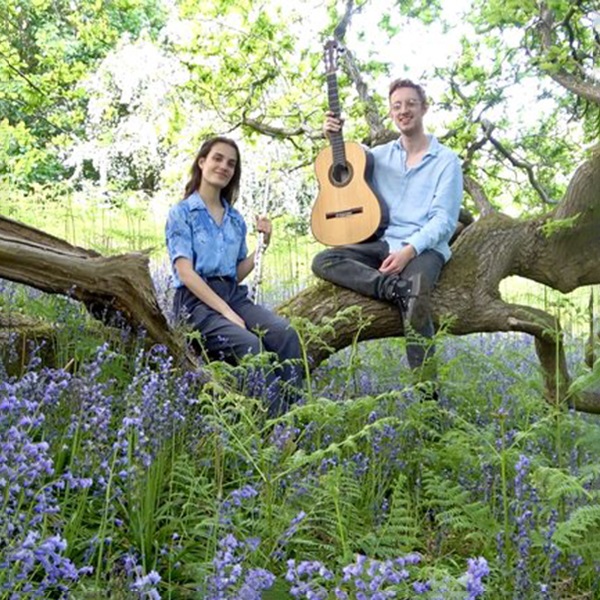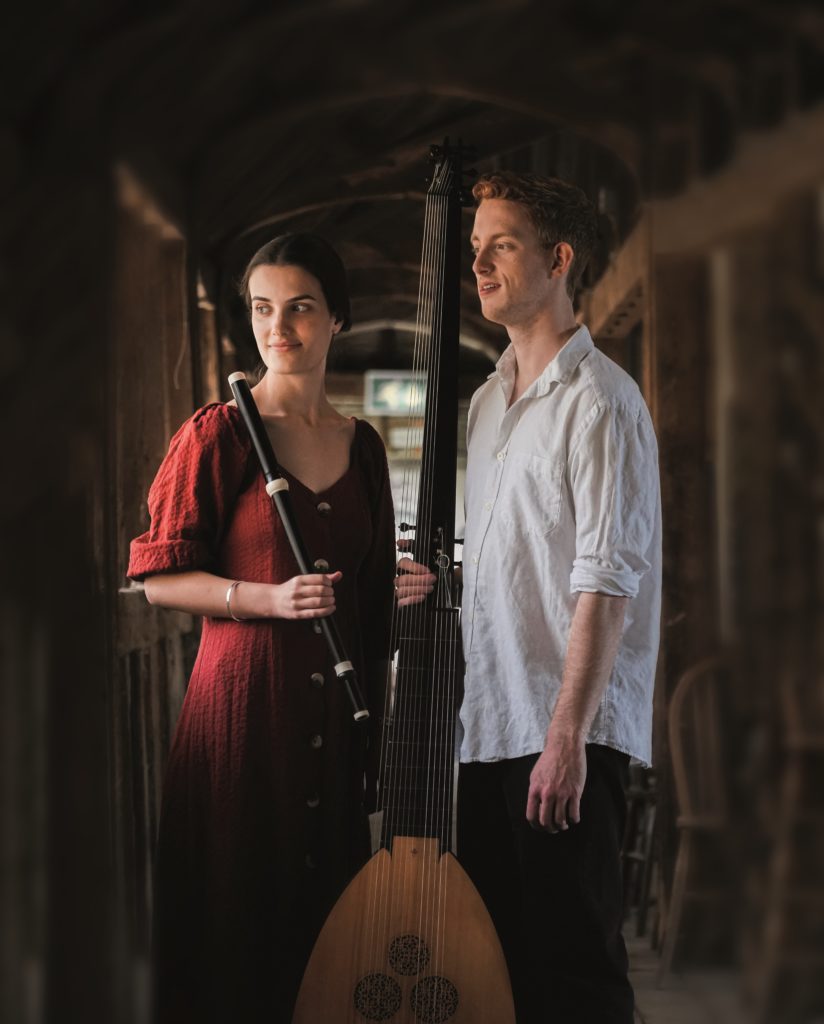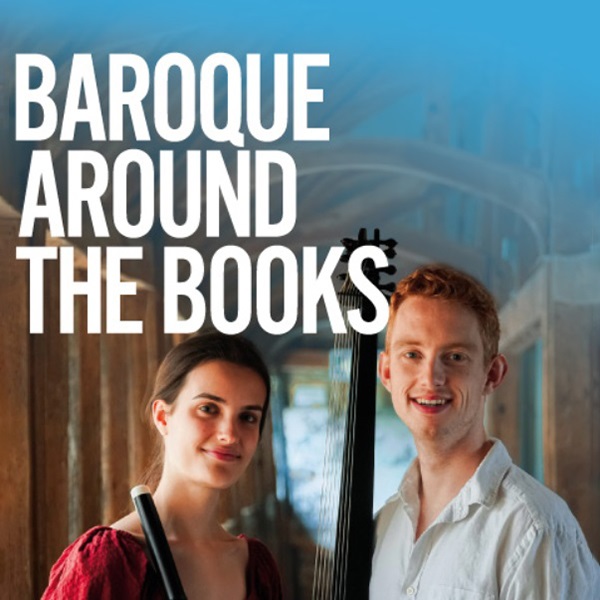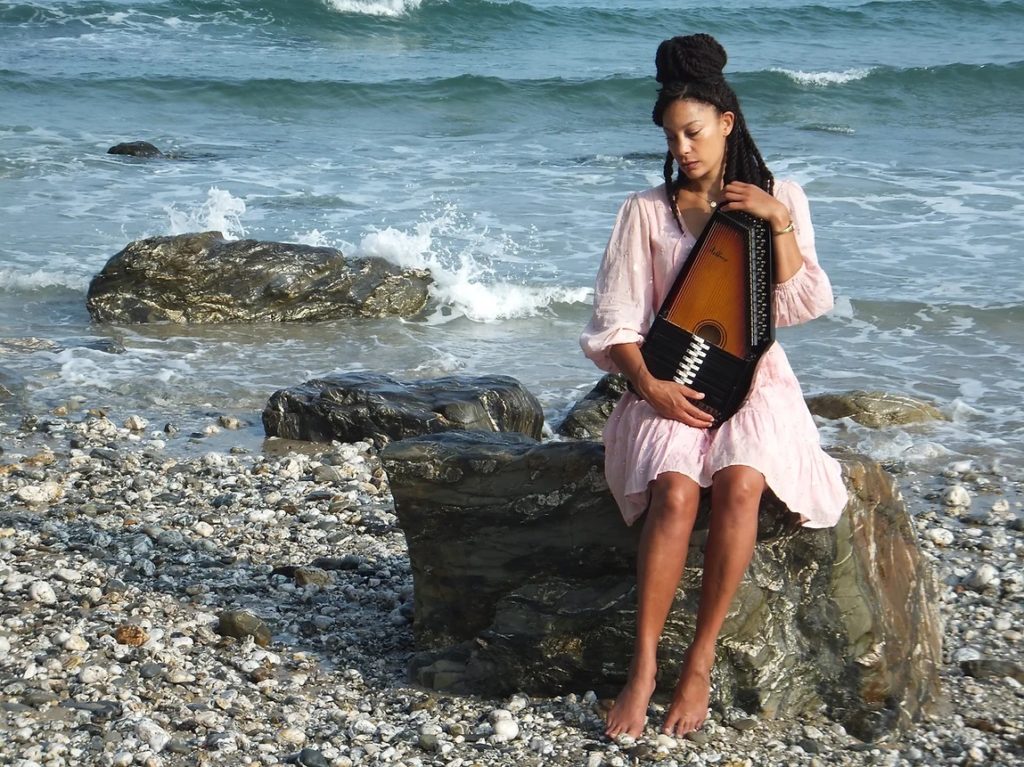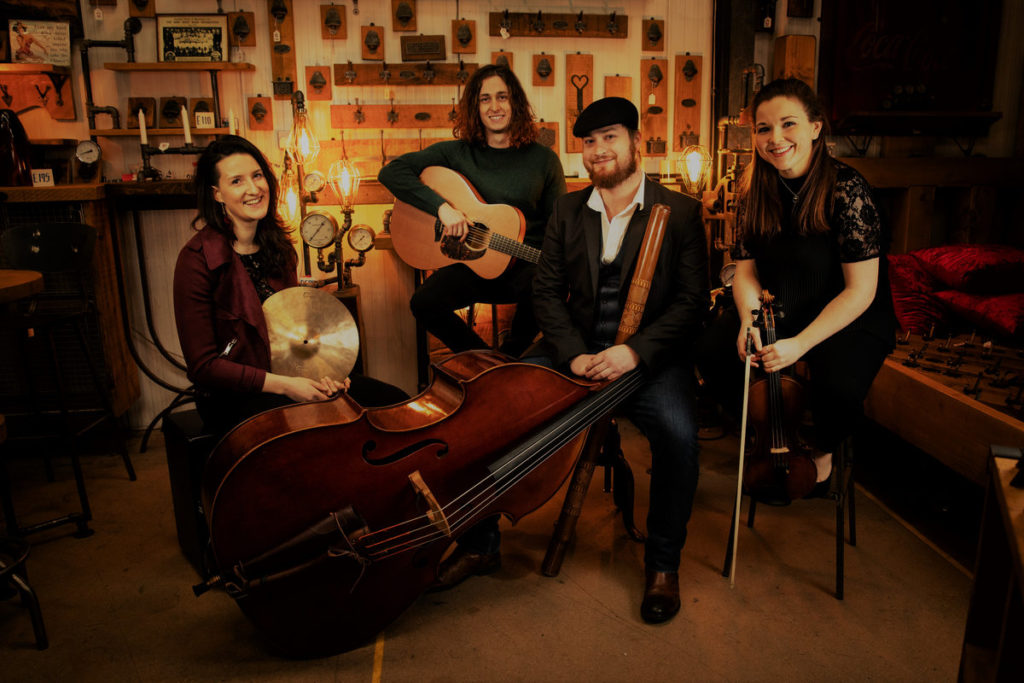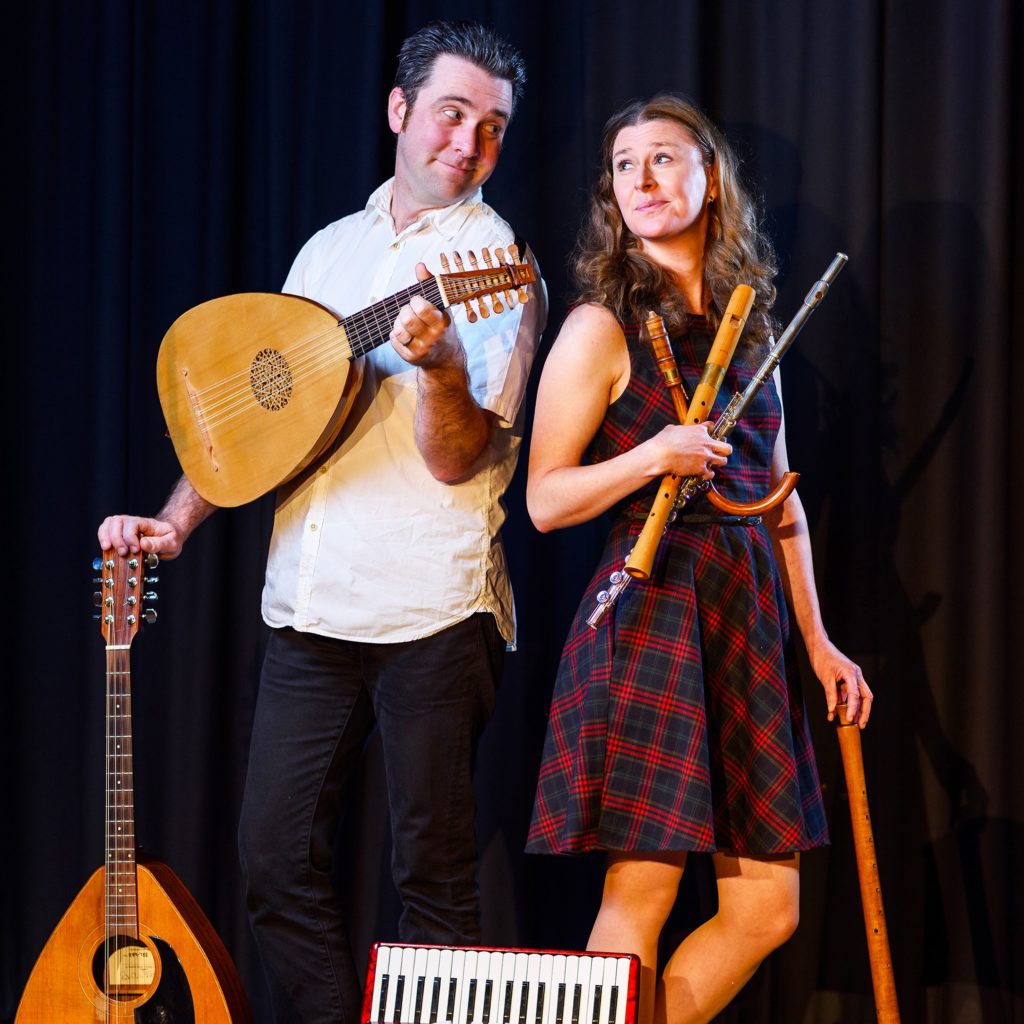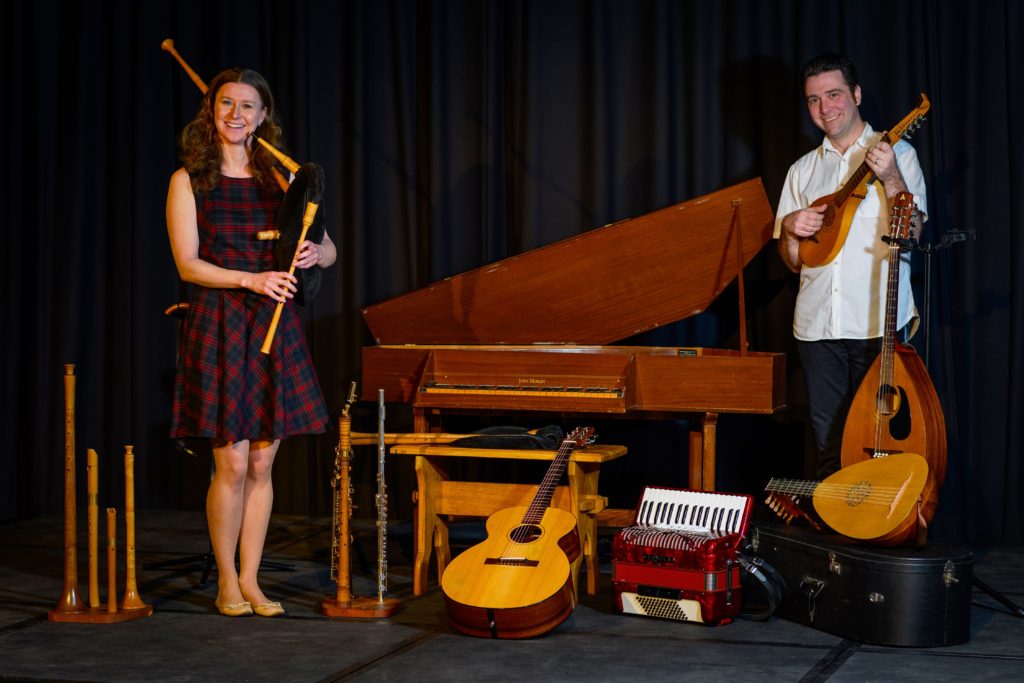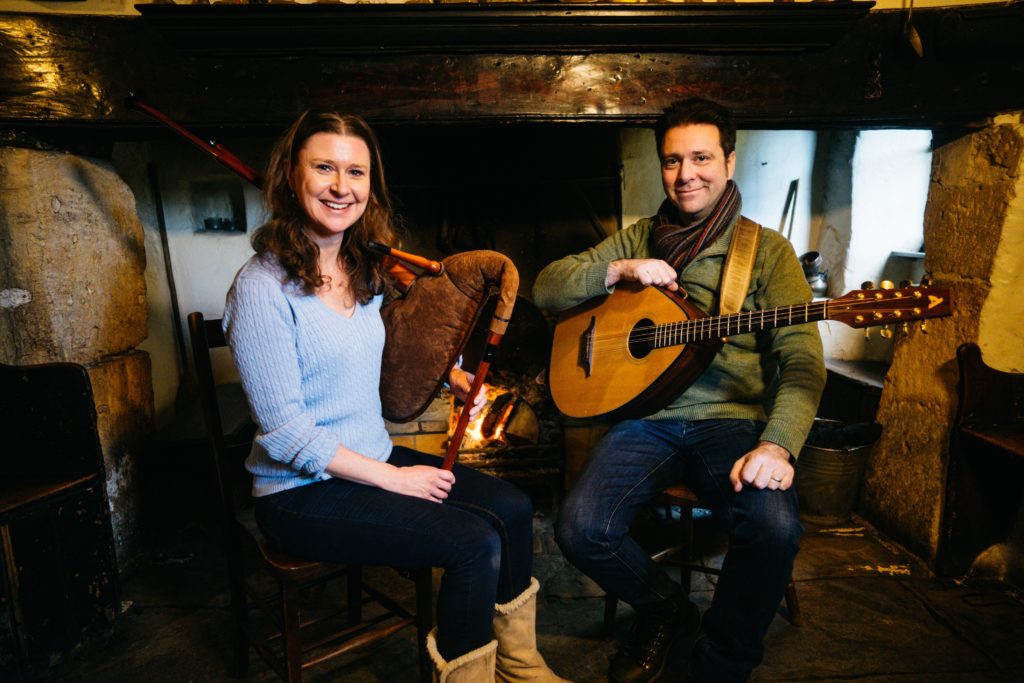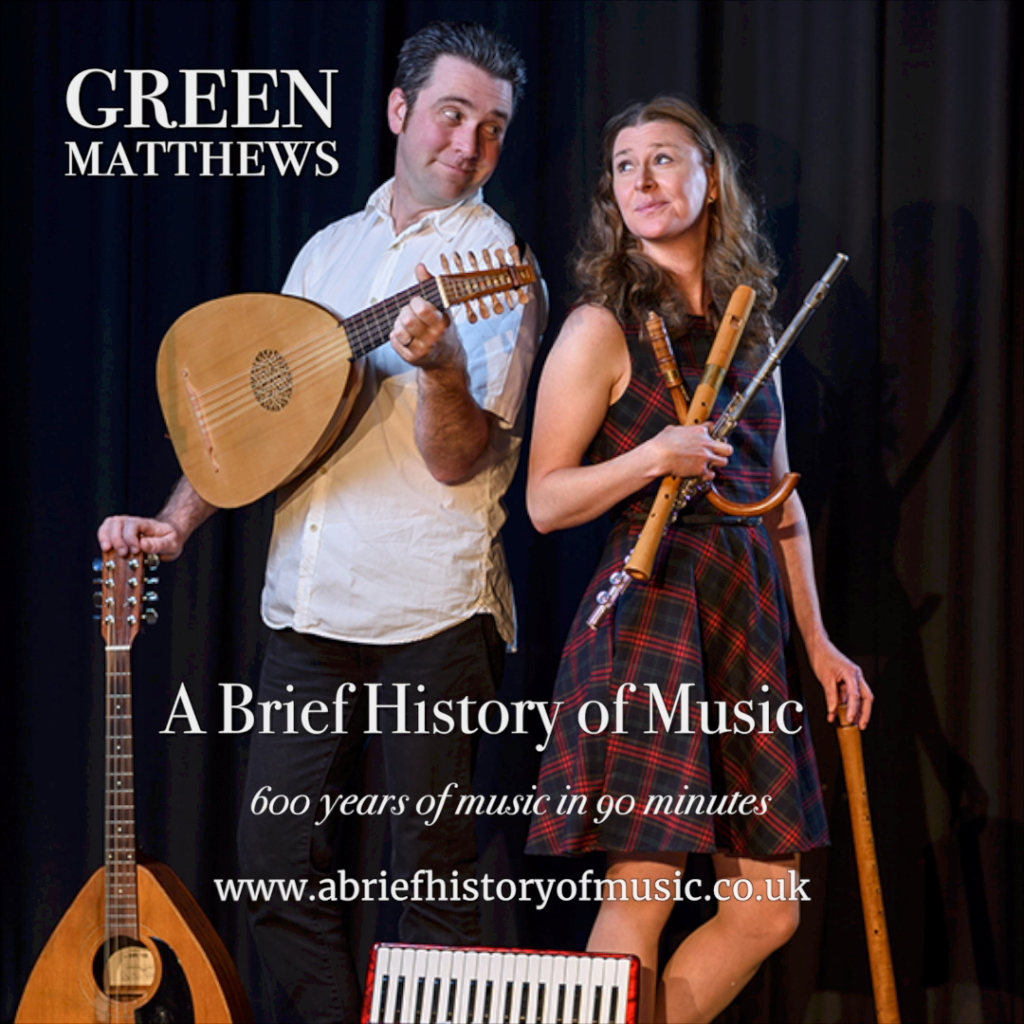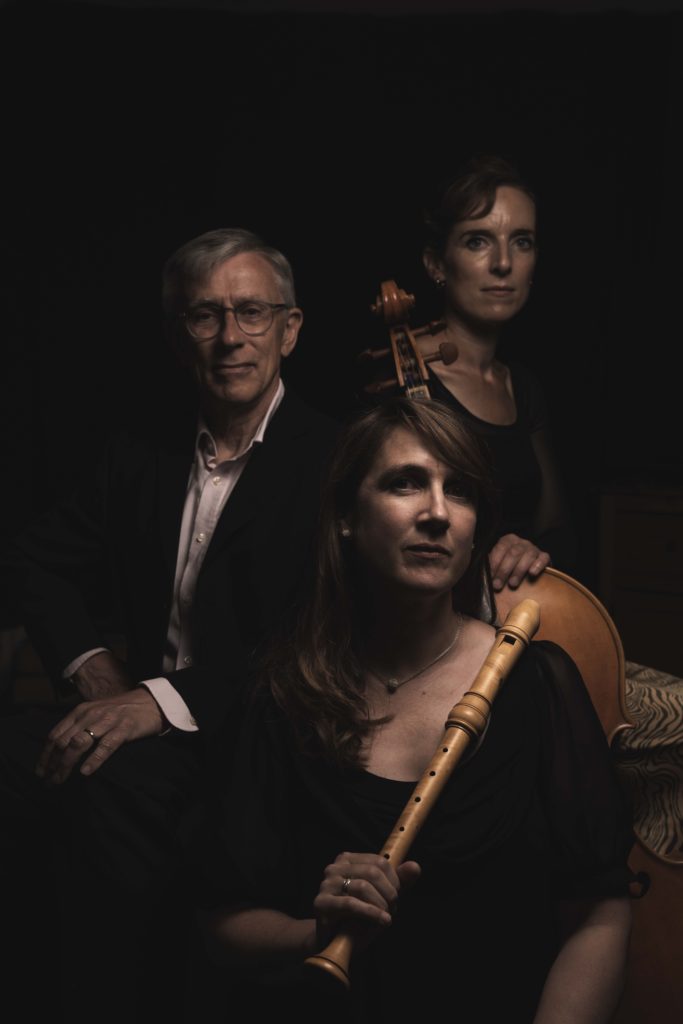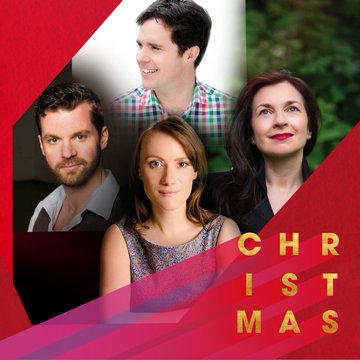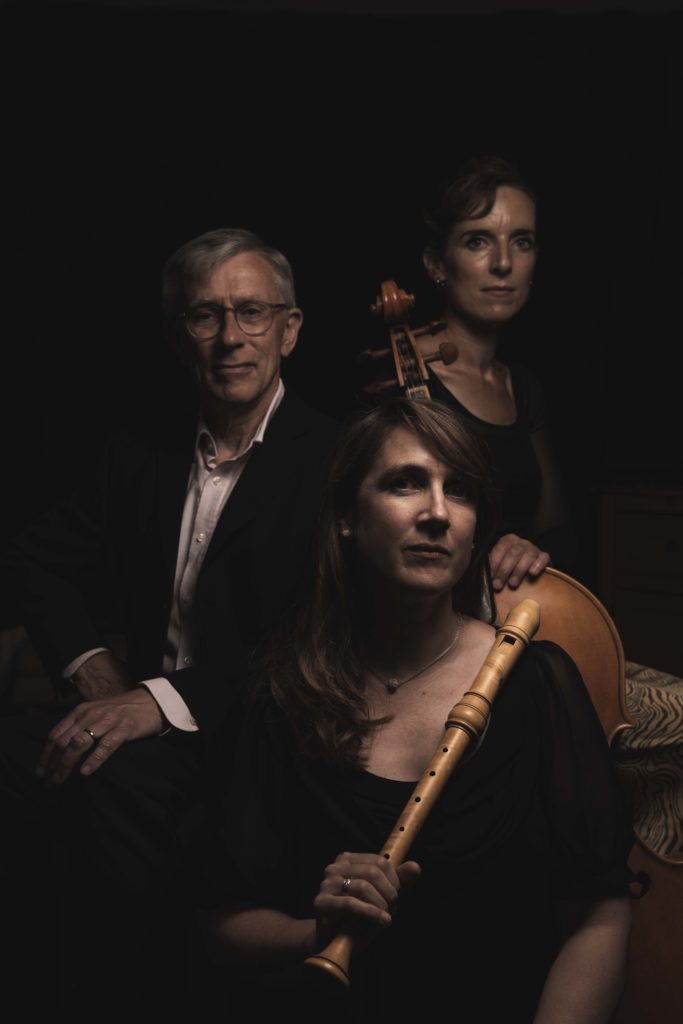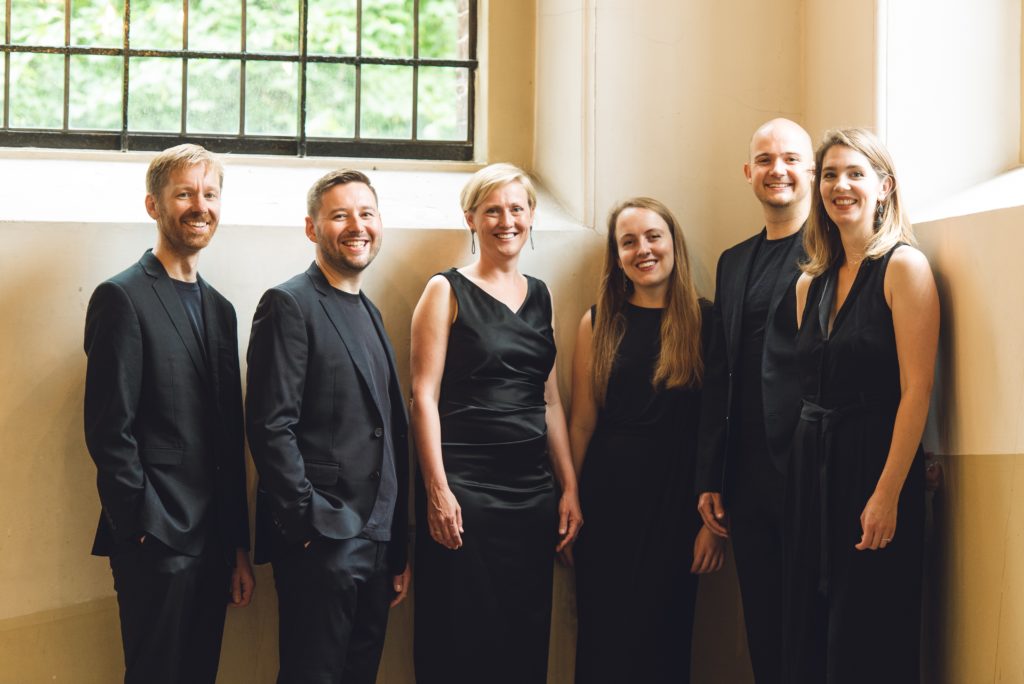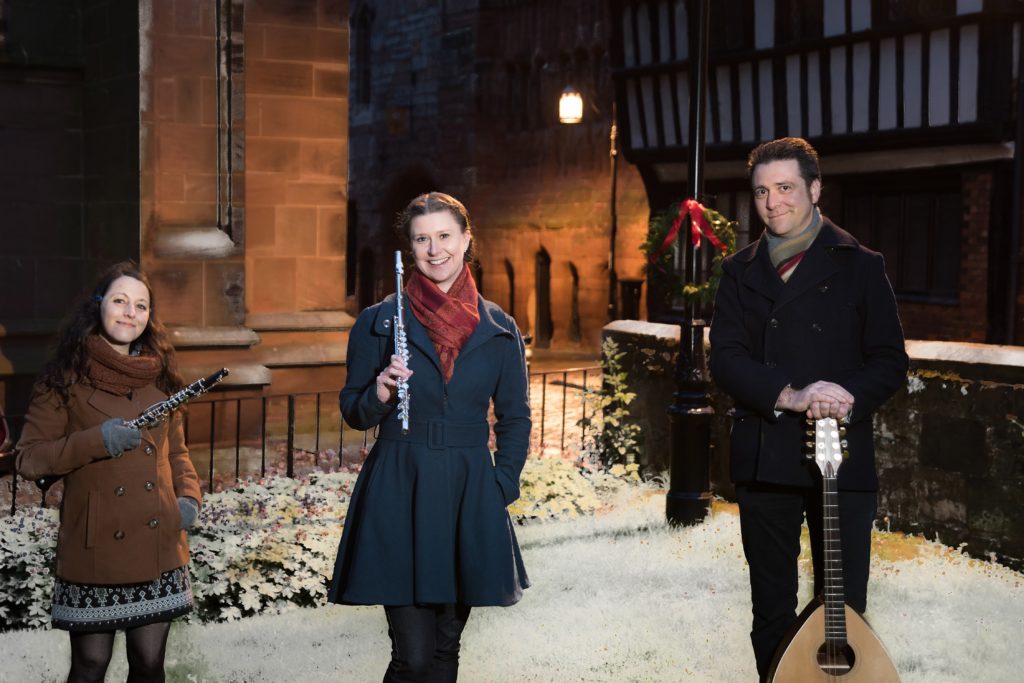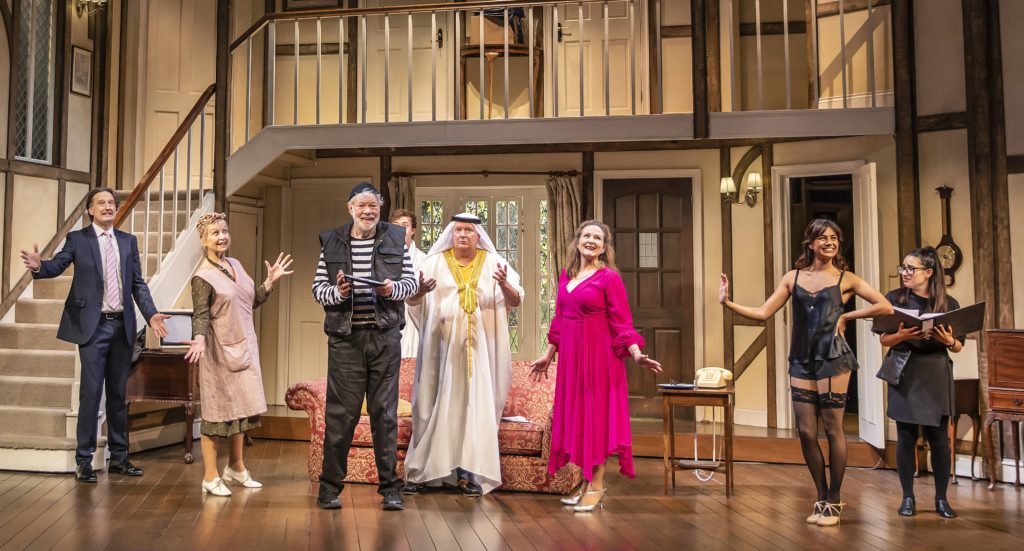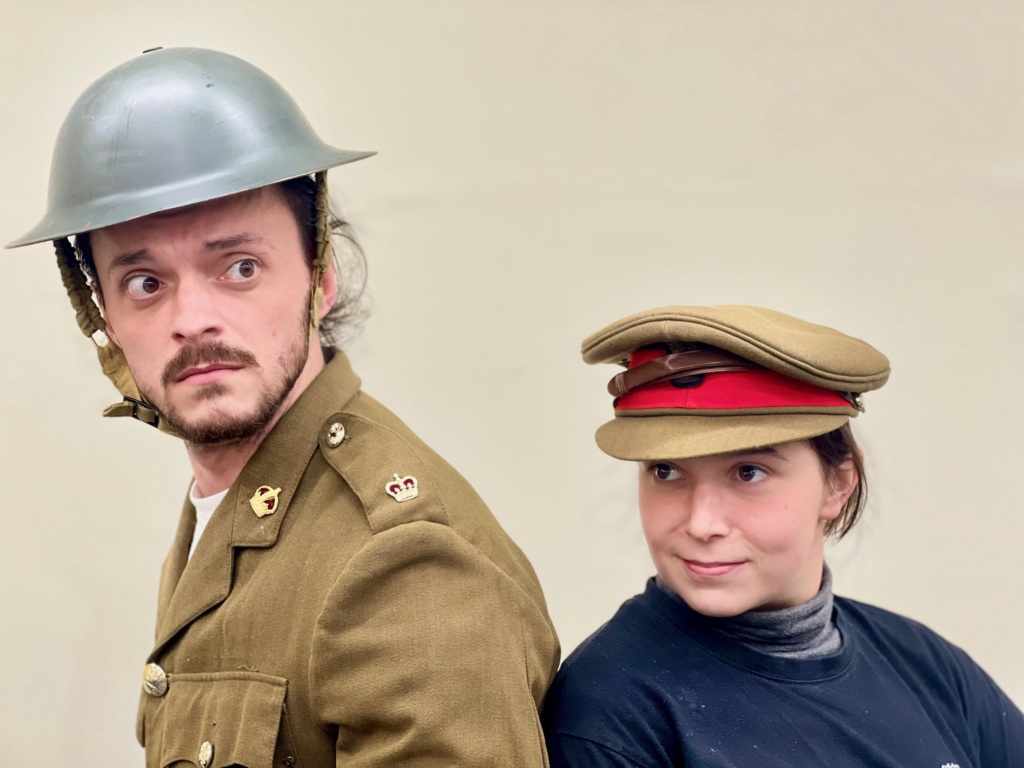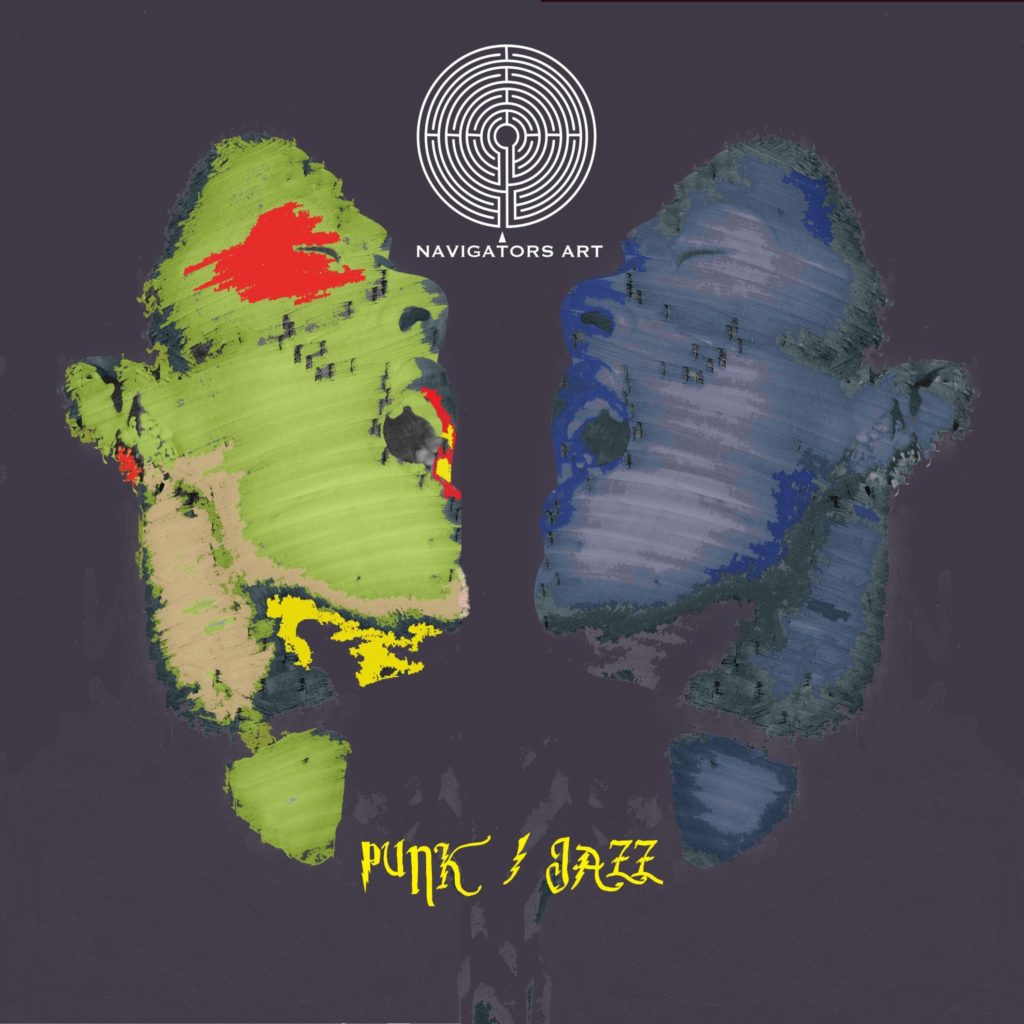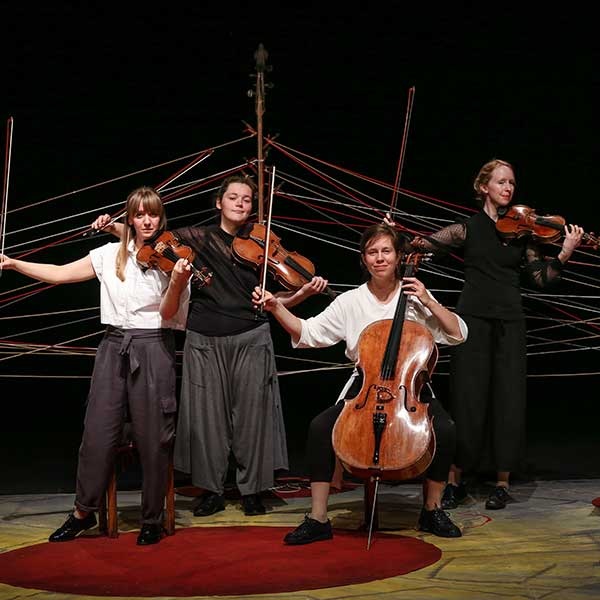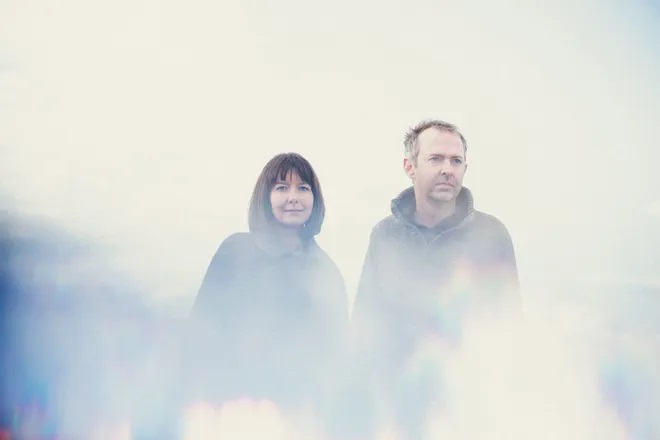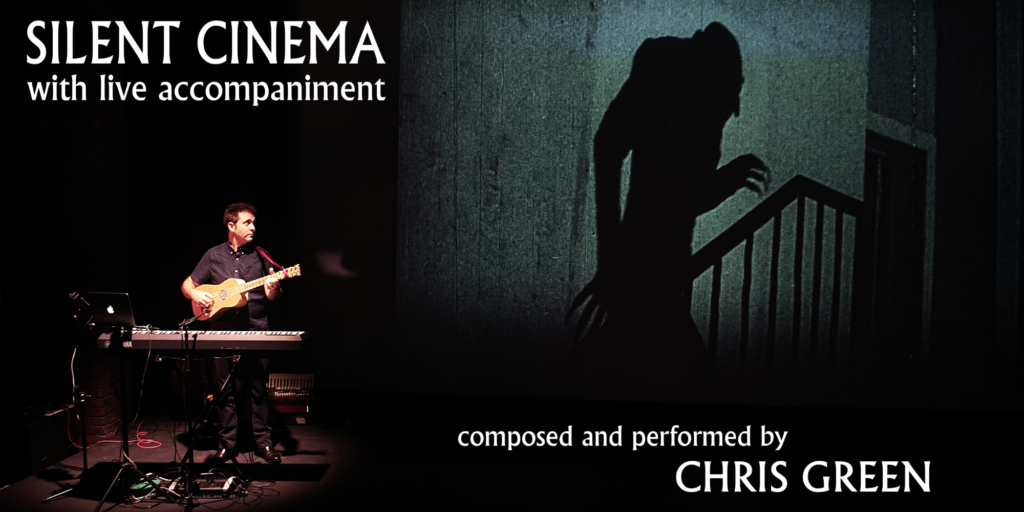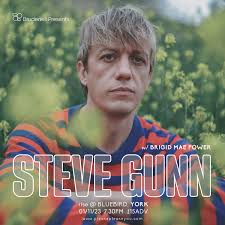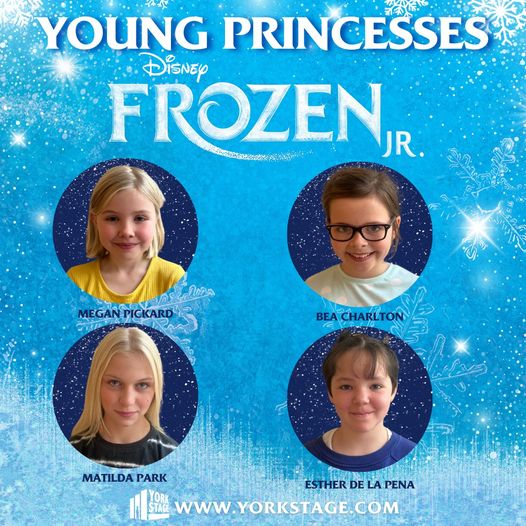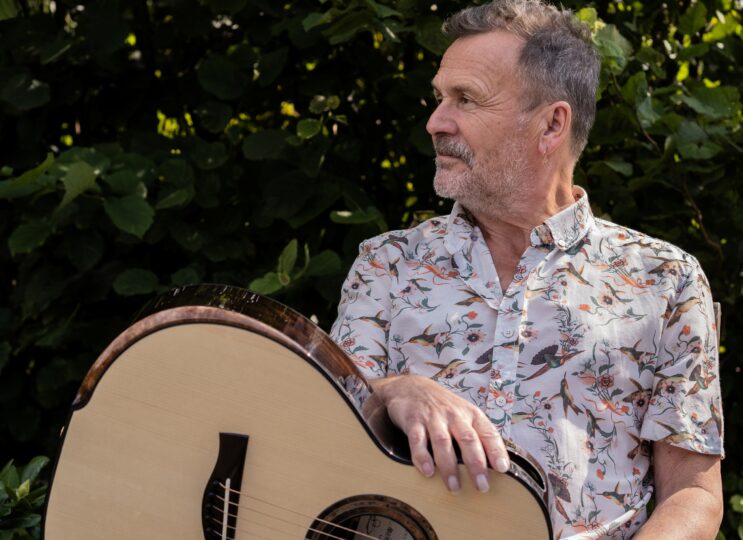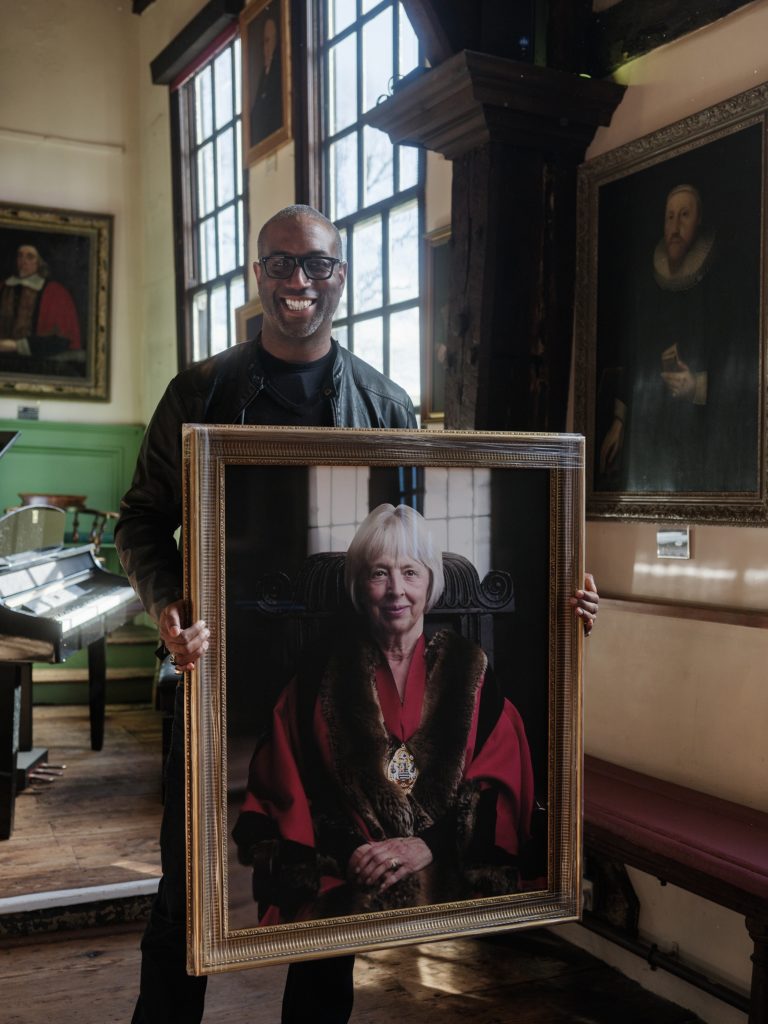
THE Merchant Adventurers’ Hall, in York, is celebrating its first woman governor with a specially commissioned photo portrait of Dr Delma Tomlin MBE.
She was appointed to the role in 2022, becoming the first female incumbent since the hall’s foundation in 1357.
Dr Tomlin is the founder and long-standing artistic director of the National Centre for Early Music, at St Margaret’s Church, Walmgate, York, and the director of York Early Music Festival, York Early Music Christmas Festival and Beverley & East Riding Early Music Festival.
Oil paintings of past governors are on display around the hall, in Fossgate, and from this Easter they will be joined by the new digital portrait by Ashley Karrell in the Great Hall.
In a move away from traditional oil painting to the 21st century digital age, the Merchant Adventurers’ Hall commissioned Karrell, an award-winning director, producer, photographer and artist, to create the highly original work.
Already he had made his mark in Yorkshire as the first black portrait photographer to be commissioned for the permanent collection at the stately home of Harewood House, working on the Missing Portraits series that features Leeds West Indian Carnival founder Arthur France MBE and actor David Harewood OBE.
Karrell also made the hybrid film #BlackBoyJoyGone, nominated at the 2023 Grierson Awards, and the multi-award-winning dance theatre film Displaced.
Dr Tomlin said: “It was such an honour to take up the role of the first female governor of this venerable organisation, which has a 660-year history. To reflect this new direction, we decided to take a different approach to commemorate the occasion and commissioned the award-winning Ashley Karrell to work with us. We hope that visitors will be as excited as we are by this historic photo portrait.”

Karrell said: “I’m truly grateful to Dr Delma Tomlin and the Merchant Adventurers’ Hall for the opportunity of creating this significant portrait. My art is captivated by stories about human experiences, the exploration of community and social engagement.
“This image is one of one; what we created speaks of history, representation, celebration and triumph. To be a small part of the 660-year history of this institution gives me joy and I hope the audience will feel strength and humility within the eyes of our first female governor. Thank you for allowing me to be a part of your story.”
The Merchant Adventurers’ Hall, York’s oldest medieval building, continues to engage audiences with an innovative approach, attracting visitors from all over the world. The hall is home to many collections, including silver, furniture and paintings, which provide a glimpse into its rich history. It also remains the everyday base for the 160 members of the Company of Merchant Adventurers of the City of York.
This Easter’s unveiling of the photo portrait coincides with the launch of a free digital museum guide through the arts and culture app Bloomberg Connects. The app gives access to expertly curated content and guides to more than 350 museums, galleries, sculpture parks, gardens, and other cultural spaces.
Over the past few years, the Merchant Adventurers’ Hall has reached wider audiences with exhibitions and has increased its digital offer. Visitor numbers continue to go from strength to strength, as illustrated by the Two Rivers interactive exhibition attracting a big audience with its revelations of the fascinating history and importance of the city’s rivers.
Lauren Marshall, the hall’s museum director, said: “We’re very excited about our new digital guide, which we hope will make the visitor experience at the Merchant Adventurers’ Hall even more enjoyable.
“We’ve been delighted by the ever-increasing interest in this amazing medieval building, one of the most stunning in the UK, and we’re looking forward to welcoming visitors from York and beyond in the months to come.”
Dr Delma Tomlin, DUniv, MBE: the back story

FOUNDER and artistic director of the National Centre for Early Music, at St Margaret’s Church, Walmgate, York, promoting music from the 13th to the 18th centuries.
Director of York Early Music Festival, York Early Music Christmas Festival and Beverley & East Riding Early Music Festival.
Acknowledged expert in the promotion of the medieval York Mystery Plays.
In 2000, she was awarded an honorary doctorate by the University of York for her work in the city. In 2008, she received an MBE for Services to the Arts in Yorkshire & Humberside. In 2018, she was appointed Cultural Champion for York. In 2020, she was elected an Honorary Freeman of the City of York.
Ashley Karrell: the back story
AWARD-WINNING director, producer, photographer and artist with more than two decades of experience. His work includes films, television, visual art, theatre productions and commercial and experimental video across the UK and beyond.
Captivated by stories of human experiences, the exploration of community and social engagement.
Known for his hybrid film #BlackBoyJoyGone, nominated at 2023 Grierson Awards; multi-award-winning dance theatre film Displaced; feature film and documentary of Geraldine Connorʼs stage masterpiece Carnival Messiah, winner of Peopleʼs Choice Award for Best Documentary at Trinidad Film Festival.
First black portrait photographer commissioned for permanent collection at Harewood House, near Leeds, photographing Missing Portraits series, featuring Leeds West Indian Carnival founder Arthur France MBE and actor David Harewood OBE
2022-24 marks the release of eight new short films, touring theatre shows and photography projects.
For more information, go to: www.AshleyKarrell.com. Social media links: Instagram – @ashleykarrell; Facebook – @ashleykarrell; X/Twitter – @ashleykarrell

